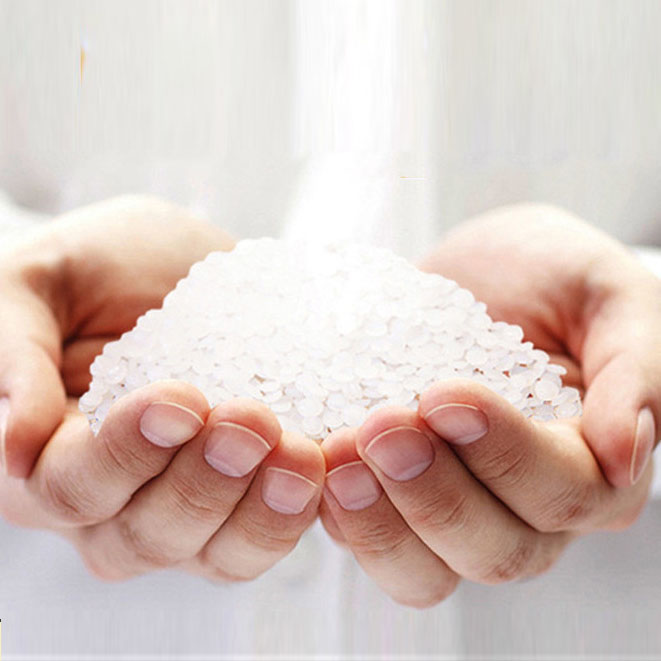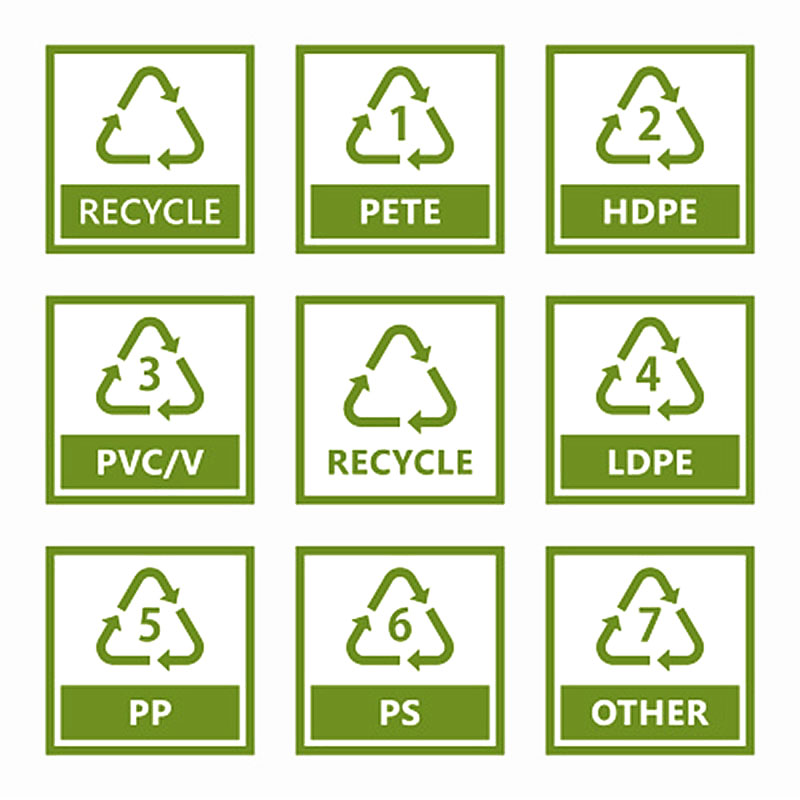

We are a mature team with the best professionals in the field – decades of experience in mold design, mold making, and molding, a deep understanding of the Chinese mold industry, and Long-term experience in serving overseas customers.
The manufacturers we choose must have manufacturing equipment and workplaces that meet our requirements also production capabilities that meet our standards. With our certified suppliers, your products and molds will be significantly saved in time and cost, and the quality will be guaranteed.

Nylon is one of the most versatile materials used in plastic injection molding. It's commonly combined with various other materials to enhance its characteristics. It is firm, relatively resistant to abrasion and moisture absorptivity, long-lasting, resistant to chemicals, elastic, and easy to wash. Nylon is often used as a substitute for low-strength metals.
Its high melting point makes it suitable for many microwave-safe containers. It also does not break down quickly when exposed to acids, bases, detergents, and water. In terms of rigidity, it can withstand daily wear and tear for long periods and be resistant to cracks and stress. All these qualities make plastic perfect for robust products used in the kitchen, such as yogurt, condiments, and baby food containers.
It is only fitting for PVC to have Resin Identification Number 3 because it is the world's third most-produced synthetic thermoplastic polymer. Its properties include comparative biological and chemical resistance as well as physical flexibility. It also comes in two forms: flexible and rigid.
Polyethylene terephthalate is a lightweight plastic commonly used for food, condiments, and beverage packaging thanks to its semi-rigid or rigid structure. It is the most common thermoplastic polymer in the polyester family and is used to meet 30% of bottle production's global demand. Aside from that, PET is generally considered a safe, non-leaching plastic approved for food contact. Just like most of the plastics in this list, it is recyclable.
ABS plastic is one of the most commonly used plastics in injection molding due to its wide temperature range, good stability, and insulating properties. Impact Resistance, surface hardness, good dimensional stability, resists heat, and won't shatter in the cold.

